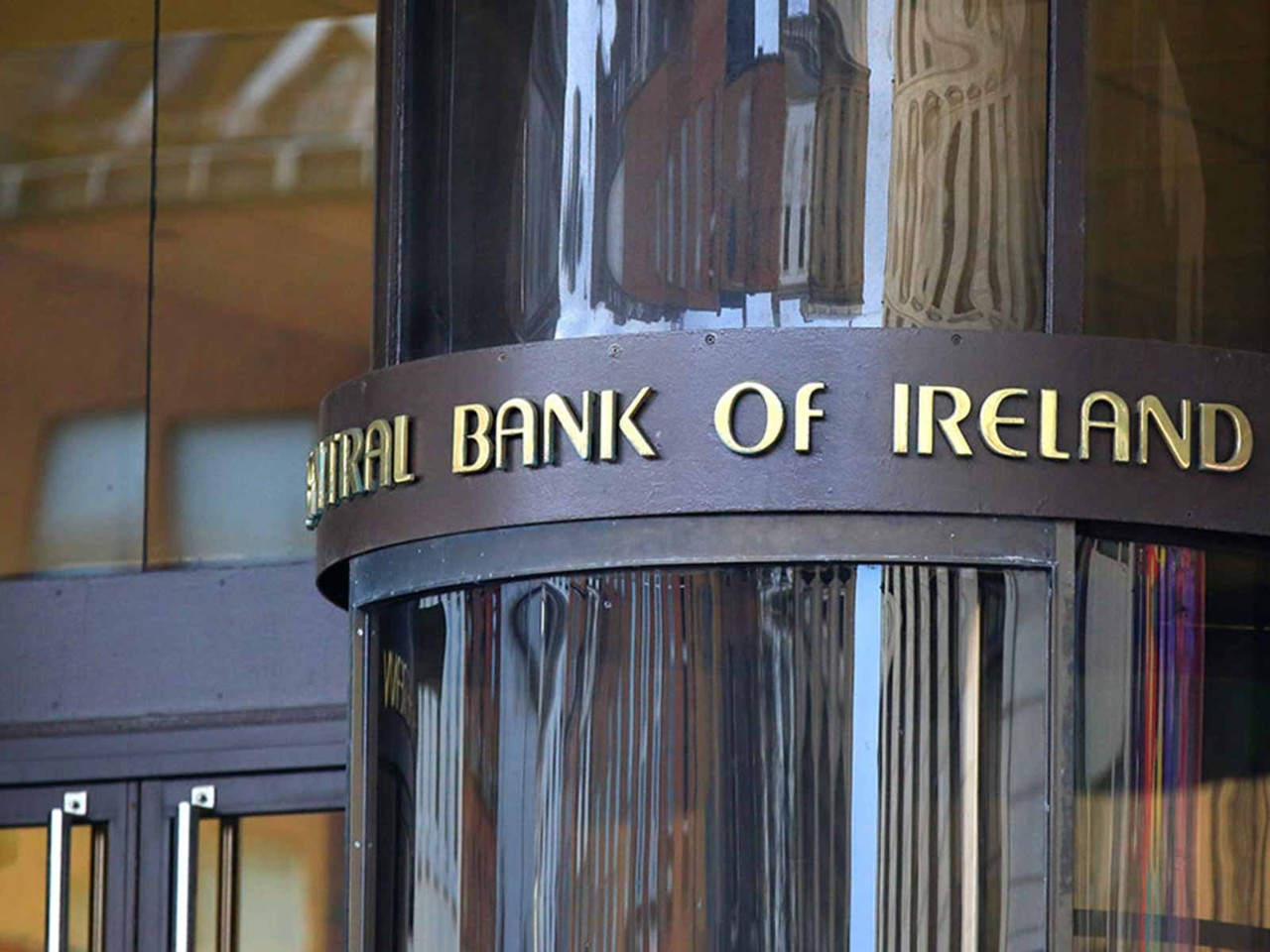
Temporary wage subsidy
Most employers who made use of the temporary wage subsidy scheme (TWSS) last year have now been issued with details of any balance of subsidies overpaid or underpaid to them by Revenue. The over/underpayment can be viewed as a summary statement on ROS, together with a detailed reconciliation file outlining how the balance is calculated.
Employers should review the information for accuracy and completeness and make any necessary corrections to ensure the balance is correct. The deadline for completing this exercise and accepting the reconciliation balance is 30 June 2021.
According to Revenue’s provisional statistics, around 56% of employers who made use of the scheme owe Revenue €224m in total, although €90m of this has already been repaid. Most reconciliation balances due to Revenue relate to the transitional phase of the TWSS, when employers were paid a flat rate of €410 per eligible employee. The employer was required to calculate the correct amount to be paid to employees based on the rules of the scheme and retain the balance for repayment to Revenue.
The debt warehousing scheme was extended last year to include balances arising on the TWSS reconciliation, allowing qualifying businesses to park this debt for 12 months interest-free and subsequently make repayments in instalments at a special rate of interest of 3%. Businesses dealt with by Revenue’s personal and business divisions automatically qualify for debt warehousing; those dealt with by its medium enterprise and large corporate divisions can apply to Revenue to benefit from the scheme.
Revenue has pointed out that a small number of employers have yet to report details of the subsidy payments they made to employees, and warned that it will be seeking repayment of the full amount of the subsidies received if this data is not supplied.
A small number of employers have not yet been provided with their reconciliation information. This is because Revenue has open queries relating to their participation in the scheme or is engaging with these employers to finalise details of their subsidy amounts. Revenue advises these employers to monitor their MyEnquiries correspondence to identify and respond to any outstanding issues.
Debt warehousing
In early March, Revenue confirmed that the debt warehousing scheme remains available to support businesses closed due to Covid-related public health restrictions. Revenue also emphasised the importance for businesses of continuing to file their tax returns in order to maintain their tax clearance status, qualify for the debt warehousing scheme, and participate in the employment wage subsidy scheme (EWSS) and Covid restrictions support scheme (CRSS). Revenue has written to businesses using the debt warehousing scheme about their outstanding returns, setting a 21-day response deadline for taxpayers making use of the EWSS and CRSS.
Revenue also noted a slippage in timely compliance by a small number of businesses not impacted by the pandemic that have continued to operate at their usual or, in some instances, enhanced turnover levels throughout the pandemic. Revenue is turning its attention to these cases and has been contacting these businesses to ensure that timely filing of tax returns and payments is restored.
Small business assistance
On 11 March, the tánaiste Leo Varadkar opened applications for the new €60m small business assistance scheme for Covid (SBASC), which had been announced in February. SBASC is intended to support businesses with fixed costs, where the business is ineligible for CRSS and other sector-specific grants.
Qualifying businesses must be operating from premises liable for commercial rates, employ fewer than 250 staff, and have a turnover between €50,000 (per rateable premises) and €25m. Eligible businesses will receive a payment of €4,000 for the first quarter of 2021. There will be a second payment of €4,000 for businesses continuing to meet the scheme criteria.
SBASC is administered by local authorities. Further information and application forms are accessible via the local authority website for the area where the business is based. The closing date for applications for the first round of the scheme is 21 April 2021.
Outdoor dining
At the end of March, details were announced of a new €17m scheme for developing outdoor dining capacity. The outdoor dining enhancement scheme will be delivered by a partnership of Fáilte Ireland and local authorities.
Part one of the scheme will provide funding for individual tourism and hospitality businesses to develop and increase their own outdoor seating capacity. Part two is focused on enabling local authorities to develop permanent outdoor public dining spaces in towns and urban centres, similar to those in place in European cities.
Additional details are expected to be published shortly and the scheme will open for initial applications on 12 April 2021.
Late CT1 filing
The surcharge for late filing of corporation tax returns (form CT1) due by 23 March 2020 and thereafter was temporarily suspended in light of the difficulties presented by the pandemic. Revenue recently issued an e-brief to reflect a 1 July 2021 expiry date for this concession where:
- the late submission of CT1 returns are for accounting periods ending from June 2019 to September 2020
- the late submission of iXBRL financial statements are for accounting periods ending from March 2019 to June 2020
Late filing surcharges and restriction of reliefs will apply where CT1s to which the extension applied are not filed by 1 July 2021.
It is important to note that taxpayers making use of government support schemes need to submit any outstanding tax returns, including CT1s, without delay; otherwise they risk losing their tax clearance status and the consequent withdrawal of access to the support schemes.
Revenue recently advised taxpayers with outstanding CT1s for accounting periods ended 31 December 2019 that the return should be submitted on a ‘best estimates’ basis if it is not possible to submit a final return – for example, if financial statements for the period have not yet been finalised. If a best estimates return is submitted, Revenue must be notified via MyEnquiries of when the taxpayer will be in a position to submit final figures.
Qualifying businesses must be operating from premises liable for commercial rates, employ fewer than 250 staff, and have a turnover between €50,000 (per rateable premises) and €25m. Eligible businesses will receive a payment of €4,000 for the first quarter of 2021. There will be a second payment of €4,000 for businesses continuing to meet the scheme criteria.
SBASC is administered by local authorities. Further information and application forms are accessible via the local authority website for the area where the business is based. The closing date for applications for the first round of the scheme is 21 April 2021.
Outdoor dining
At the end of March, details were announced of a new €17m scheme for developing outdoor dining capacity. The outdoor dining enhancement scheme will be delivered by a partnership of Fáilte Ireland and local authorities.
Part one of the scheme will provide funding for individual tourism and hospitality businesses to develop and increase their own outdoor seating capacity. Part two is focused on enabling local authorities to develop permanent outdoor public dining spaces in towns and urban centres, similar to those in place in European cities.
Additional details are expected to be published shortly and the scheme will open for initial applications on 12 April 2021.
Late CT1 filing
The surcharge for late filing of corporation tax returns (form CT1) due by 23 March 2020 and thereafter was temporarily suspended in light of the difficulties presented by the pandemic. Revenue recently issued an e-brief to reflect a 1 July 2021 expiry date for this concession where:
- the late submission of CT1 returns are for accounting periods ending from June 2019 to September 2020
- the late submission of iXBRL financial statements are for accounting periods ending from March 2019 to June 2020
Late filing surcharges and restriction of reliefs will apply where CT1s to which the extension applied are not filed by 1 July 2021.
It is important to note that taxpayers making use of government support schemes need to submit any outstanding tax returns, including CT1s, without delay; otherwise they risk losing their tax clearance status and the consequent withdrawal of access to the support schemes.
Revenue recently advised taxpayers with outstanding CT1s for accounting periods ended 31 December 2019 that the return should be submitted on a ‘best estimates’ basis if it is not possible to submit a final return – for example, if financial statements for the period have not yet been finalised. If a best estimates return is submitted, Revenue must be notified via MyEnquiries of when the taxpayer will be in a position to submit final figures.




